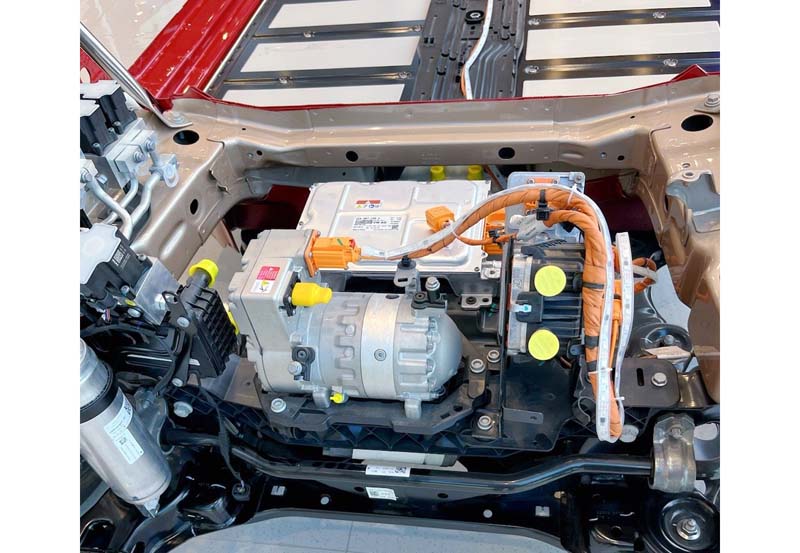The Biden administration recently unveiled legislation aiming to limit EV makers from obtaining battery materials from China and other foreign adversaries. But how will these protectionist policies impact automakers and consumers?
The rules require that to qualify for federal tax credits, electric vehicles must source battery metals and components from the US or free-trade partners. Additionally, a set percentage of battery parts must be manufactured or assembled in North America.
Ford states its Mustang Mach-E crossover will fail to meet the heightened requirements, losing eligibility for incentives starting January 1st, 2024. Meanwhile, the American-built F-150 Lightning truck still qualifies for the full $7,500 credit.
Proponents argue policies safeguarding domestic EV supply chains bolster innovation and jobs while reducing dependence on geopolitical rivals. However, detractors counter that strict mandates strain automakers struggling with battery costs and mineral shortages. Meeting specific country-of-origin thresholds could also inflate vehicle prices, jeopardizing EV adoption targets.
Undoubtedly, the complex legislation carries high stakes for automakers and policymakers alike. As legacy brands and young startups alike bet big on electrification, changing the rules mid-stream risks handicapping their efforts. And if fewer models end up qualifying for credits, how many consumers might abandon their EV purchases?
On the other hand, perhaps these ambitious proposals push the industry to double down on North American capacity investments. Could we witness an EV manufacturing renaissance as automakers tool factories to capitalize on credits?
What do you think – are new restrictions vital for supply chain security and domestic job creation? Or does interference risk sabotaging the EV transition?
